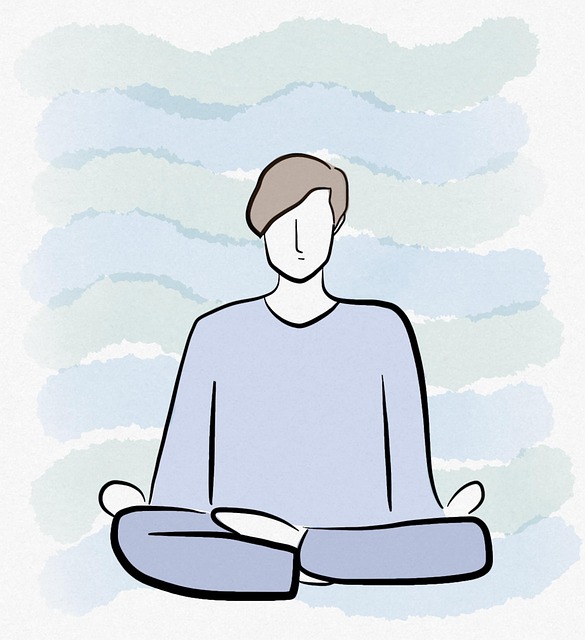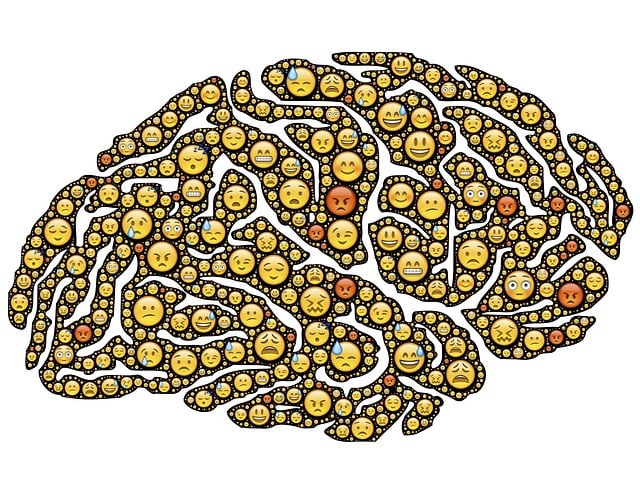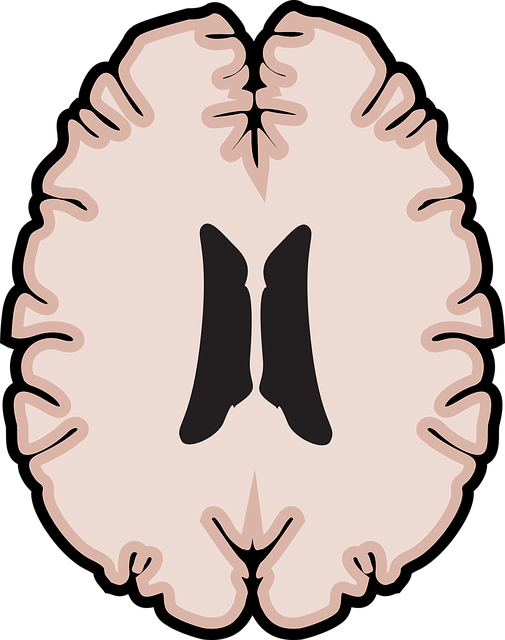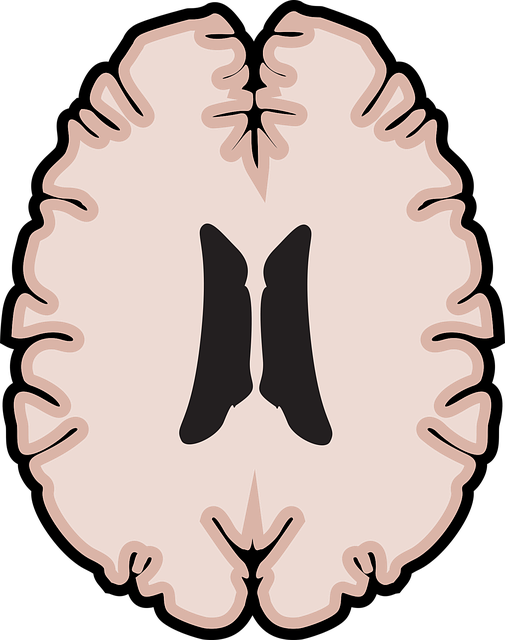Oppositional Defiance Disorder (ODD) is a behavioral disorder characterized by defiance and irritability, impacting daily life. Effective management includes therapy focusing on communication, problem-solving, and emotional regulation, along with parent training and medication. The RFM model offers a holistic approach, integrating trauma support to address vulnerabilities and promote adaptive behaviors. Tailored resilience-building exercises, such as role-playing and creative therapies, are key components. Implementing RFM strategies in clinical settings enhances traditional therapy, emphasizing individualization, cultural sensitivity, and consistent practice through podcasts. Success is measured using KPIs related to emotional healing and stress management, with qualitative feedback from participants and caregivers providing valuable insights for refining the approach.
“Uncovering Effective Solutions for Oppositional Defiance Disorder (ODD): A Comprehensive Guide to RFM Therapies. This article explores an innovative approach to addressing ODD, focusing on the powerful tool of RFM (Reinforcement, Feedback, and Motivation). We delve into the intricate relationship between RFM and ODD therapy, offering insights on designing tailored resilience-building exercises for children. From clinical implementation to measuring success, this guide equips professionals with strategies to enhance treatment outcomes and improve lives. Discover how RFM can revolutionize therapy for ODD.”
- Understanding Oppositional Defiance Disorder (ODD): Symptoms and Challenges
- The Role of RFM in ODD Therapy: A Comprehensive Approach
- Designing Resilience-Building Exercises for Children with ODD
- Implementing RFM Strategies in Clinical Settings: Best Practices
- Measuring Success and Long-Term Impact: Evaluating RFM's Effectiveness
Understanding Oppositional Defiance Disorder (ODD): Symptoms and Challenges

Oppositional Defiance Disorder (ODD) is a behavioral disorder characterized by frequent and persistent arguments with authority figures, active defiance, and irritability. Children and adolescents with ODD often display strong negative emotions, such as anger or frustration, and may actively annoy others on purpose. They frequently lose their temper, refuse to comply with rules, and blame others for their mistakes or misbehavior. These symptoms can significantly impact daily functioning, affecting relationships at home, school, and in the community.
Managing ODD involves a multi-faceted approach, including behavioral therapy, parent training, and sometimes medication. Therapy for Oppositional Defiance Disorder focuses on improving communication skills, teaching problem-solving strategies, and enhancing self-regulation. Stress management techniques and crisis intervention guidance are integral components of treatment, aiming to help individuals cope with triggers and prevent escalating behaviors. Promoting mental wellness through support and understanding is crucial in helping those affected by ODD lead happier and healthier lives.
The Role of RFM in ODD Therapy: A Comprehensive Approach

The Integration of RFM (Resilience, Flexibility, and Mastery) in Oppositional Defiance Disorder (ODD) therapy offers a comprehensive approach to addressing the unique challenges faced by individuals with this condition. This therapeutic framework recognizes that ODD often stems from underlying emotional and psychological vulnerabilities, exacerbated by environmental stressors. By focusing on resilience building, therapists can empower clients to develop effective coping strategies, enhance their emotional regulation skills, and foster a sense of personal control.
The RFM model includes various exercises designed to strengthen resilience, such as mindfulness practices, cognitive reframing, and problem-solving techniques. These tools enable individuals to navigate crises more effectively and promote adaptive behaviors in challenging situations. Additionally, the focus on flexibility helps clients adapt to changing circumstances, while mastery goals encourage a sense of competence and achievement, further reinforcing positive behavioral changes. Trauma support services and crisis intervention guidance can be seamlessly integrated into this framework, ensuring a holistic approach that addresses both the present symptoms and any historical trauma contributing to ODD.
Designing Resilience-Building Exercises for Children with ODD

Designing resilience-building exercises for children with Oppositional Defiant Disorder (ODD) requires a tailored and age-appropriate approach. These exercises aim to help kids develop coping strategies, enhance emotional regulation, and improve their ability to manage anger and frustration. In therapy sessions, professionals can incorporate various engaging activities such as role-playing scenarios that replicate daily challenges, encouraging children to practice assertive communication and problem-solving skills. For instance, acting out conflicts with peers can teach them alternative responses, fostering a sense of control and boosting confidence in managing social interactions.
Additionally, incorporating creative outlets like art therapy or music can provide an outlet for emotional expression and help children process their feelings. These activities also promote mindfulness and self-awareness, vital components in building resilience. A Community Outreach Program Implementation focusing on mental wellness could further enhance these sessions by offering peer support groups where children can share experiences and learn from one another, fostering a sense of belonging and encouraging the development of healthy coping mechanisms.
Implementing RFM Strategies in Clinical Settings: Best Practices

Implementing RFM (Resilience, Flexibility, and Mindfulness) strategies in clinical settings offers a promising approach to addressing mental health challenges, particularly for individuals with Oppositional Defiance Disorder (ODD). These evidence-based practices can be seamlessly integrated into traditional therapy models, enhancing their effectiveness. Best practices involve tailoring RFM interventions to the unique needs of each patient, ensuring cultural sensitivity and age-appropriate delivery.
Social Skills Training, a key component of RFM, teaches individuals with ODD how to navigate social interactions more effectively. Incorporating Mind Over Matter principles encourages clients to challenge negative thought patterns and replace them with positive affirmations. Additionally, regularly featuring these strategies in a Mental Wellness Podcast Series Production can further reinforce learning and promote self-awareness. Consistent practice and real-world application are crucial for building resilience and fostering a sense of calm in the face of adversity.
Measuring Success and Long-Term Impact: Evaluating RFM's Effectiveness

Measuring success and evaluating the long-term impact of Implementing Resilient Factor Model (RFM) exercises is a pivotal step in understanding their effectiveness in therapy for Oppositional Defiance Disorder (ODD). This involves tracking key performance indicators (KPIs) that reflect improvements in emotional healing processes and stress management. By assessing changes in behavior, mood regulation, and coping strategies before and after the intervention, professionals can gauge the RFM’s success in fostering resilience among individuals with ODD.
Additionally, qualitative feedback from participants and their caregivers provides valuable insights into the perceived benefits of these exercises over time. This includes how they’ve helped in reducing stress, improving emotional responses, and enhancing overall well-being. Such evaluations are crucial for refining the RFM approach, ensuring it aligns with individual needs, and promoting sustainable improvements in mental health—including effective stress reduction methods and emotional healing processes.
The implementation of RFM (Relation, Function, and Meaning) strategies in therapy for Oppositional Defiance Disorder (ODD) presents a comprehensive approach to building resilience. By focusing on enhancing relationships, understanding the function behind defiant behaviors, and providing meaningful experiences, children with ODD can learn to regulate their emotions and improve their overall well-being. Through designed resilience-building exercises tailored to individual needs, clinical best practices, and ongoing evaluation, RFM offers a promising path towards long-term positive outcomes for those struggling with ODD.












